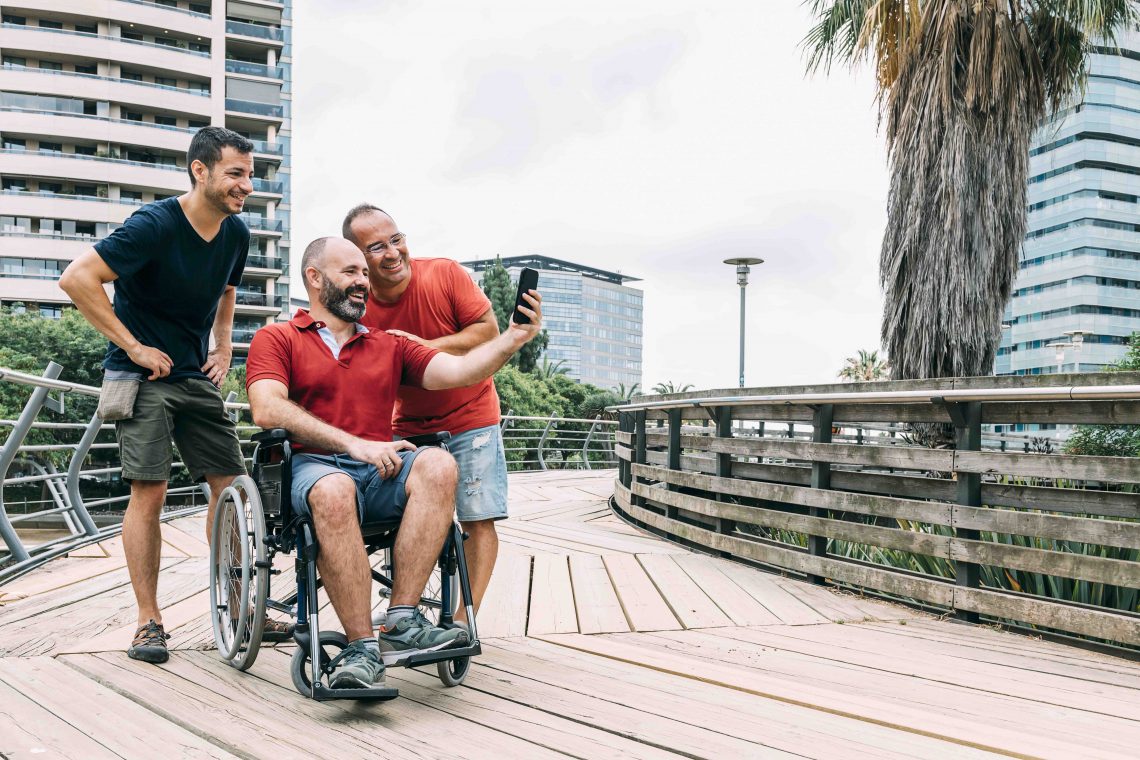-
The Importance of Respite
The longer we work within NDIS the higher the importance has become evident for both a participant and primary carer to take some time and enjoy some respite. Unfortunately this does not prove to be an easy feat for many. For years they’ve become self dependent on providing care, dealt with the myriad of health issues and care changes and to think prior to NDIS many of these people have managed the care of their loved ones by themselves, there’s no wonder there’s primary carers out there who are completely depleted because they’ve had to neglect their own care and well being for far too long. NDIS have identified carer…
-
Effective Rehabilitation
Keys to Effective Rehabilitation Many of us in some point in our lives strain a muscle, tear ligaments, break bones, dislocate joints or undergo surgery. With any injury or surgical procedure a rehabilitation process is necessary. The duration and extent of this process is of course determined by the severity of the injury sustained or the procedure undertaken. If you become subject to an injury or are present when someone sustains one, the appropriate first aid procedure to remember is the R.I.C.E principal, which includes: Rest the injured body part immediately Ice the injured site Compress the injured site Elevate the injured limb Following this protocol will assist with pain…
-
Why Weight Training is So Important
Diet is a great way to ensure you fuel your body with the required nutrients it needs but you also have to maintain some kind of exercise regime no matter what the age or disability. Resistance or weight training, helps maintain and improve bone density which is vital as we get older. With age we tend to be more prone to falls and fractures and good bone density minimises the impact of these falls. Weight training also improves our strength, balance, posture, muscle length and mobility or range in motion which helps significantly when carrying injuries or living with a disability. It also improves our circulation which decreases the risk of…
-
Diabetes – we can’t ignore it
Have we truly given Australia’s fastest growing chronic disease much consideration? Diabetes effects over two million people in Australia alone with approximately 750,000 Australians suffering from Type 2 Diabetes unknowingly! Diabetes is a result of the pancreas being unable to make sufficient insulin, a hormone that metabolises glucose. Without sufficient insulin the body builds up glucose in the bloodstream rather than it traveling into the body’s cells where energy is made. There are 2 types of Diabetes, ‘Type 1’ and ‘Type 2’ Diabetes can occur at any age and is a result of the pancreas being unable to produce insulin because the cells that make it have been destroyed by…
-
Communication is Key
Communication is key Being a good communicator is essential in order to have both own needs and the needs of those closest to us met, be it partner, child, carer, teacher or boss. Good communication consists of three essential skills: listening to what the other person is saying expressing how you feel and what you think and accepting the other person’s opinions and feelings, even when they are different from your own. Key listening skills include looking at the person as they are speaking, being encouraging (i.e. nodding your head), using open ended questions (i.e. how do you feel) and reflecting back the speakers emotions, “you must feel frustrated”. This…












